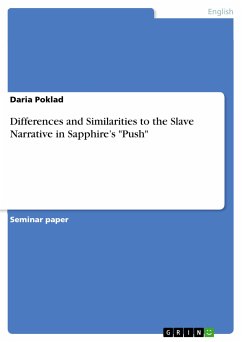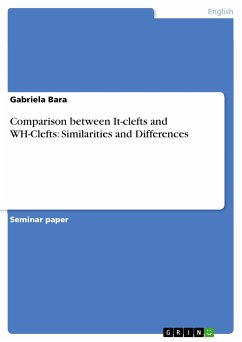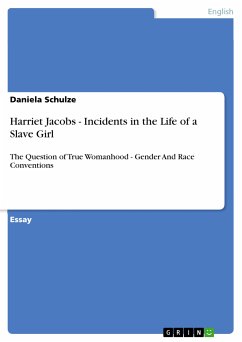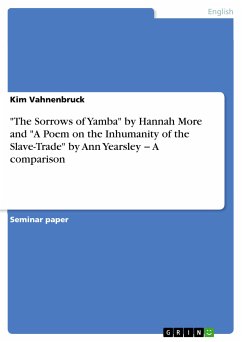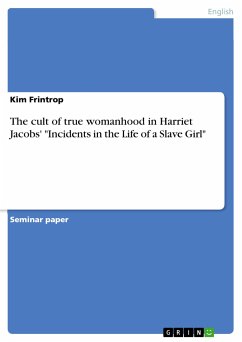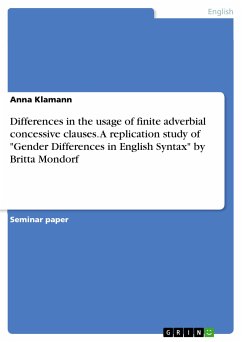Seminar paper from the year 2015 in the subject English Language and Literature Studies - Literature, grade: 1,3, Ruhr-University of Bochum, course: African American Novel, language: English, abstract: The research question of this essay is, to what extend can features of a slave narrative be incorporated into a contemporary novel as "Push" and which features have to be altered in order to reflect specific cultural realities. Sapphire’s first novel (1996) is told in the African American vernacular voice of obese and illiterate 16-year-old Claireece Precious Jones who lives with her abusive mother in Harlem. The novel begins with Precious being pregnant with her second child by her father, who has been repeatedly raping her since childhood. After being expelled from high school due to her pregnancy, she is placed in an alternative school program where she learns to read and write with a group of other young women. As she becomes literate, her life begins to change. Of the several essays written on "Push" most authors have focused on topics such as race and social class, food consumption and obesity, disability and the female body, rape, incest and trauma as well as on the topic of transformation. Only Riché Richardson has established a relationship between "Push" and the slave narrative in his essay “Close Up: Push, Precious, and New Narratives of Slavery in Harlem” by showing recurring slave narrative motifs including “Precious’ detachment from her mother and father, her sexual and physical abuse, and her quest for literary and freedom” (163). In this essay, I will go a step further and not only focus on the similarities between "Push" and the slave narrative, but also discuss which impact the differences such as the replacement of the antebellum South into an urban setting and the replacement of slave holders into abusive and exploiting parents have on the narrative. I will begin the essay with a contextual chapter on the genre of slave narrative and its defining features. Then, I will focus on Sapphire’s "Push" and illustrate the differences to a slave narrative focusing on the urban setting of Harlem and the parents as tormentors. In a next step, I will discuss the similarities between "Push" and the slave narrative focusing on the themes of abuse and exploitation, as well as literacy, transformation and finally on escaping and being a free member of society.
Bitte wählen Sie Ihr Anliegen aus.
Rechnungen
Retourenschein anfordern
Bestellstatus
Storno

